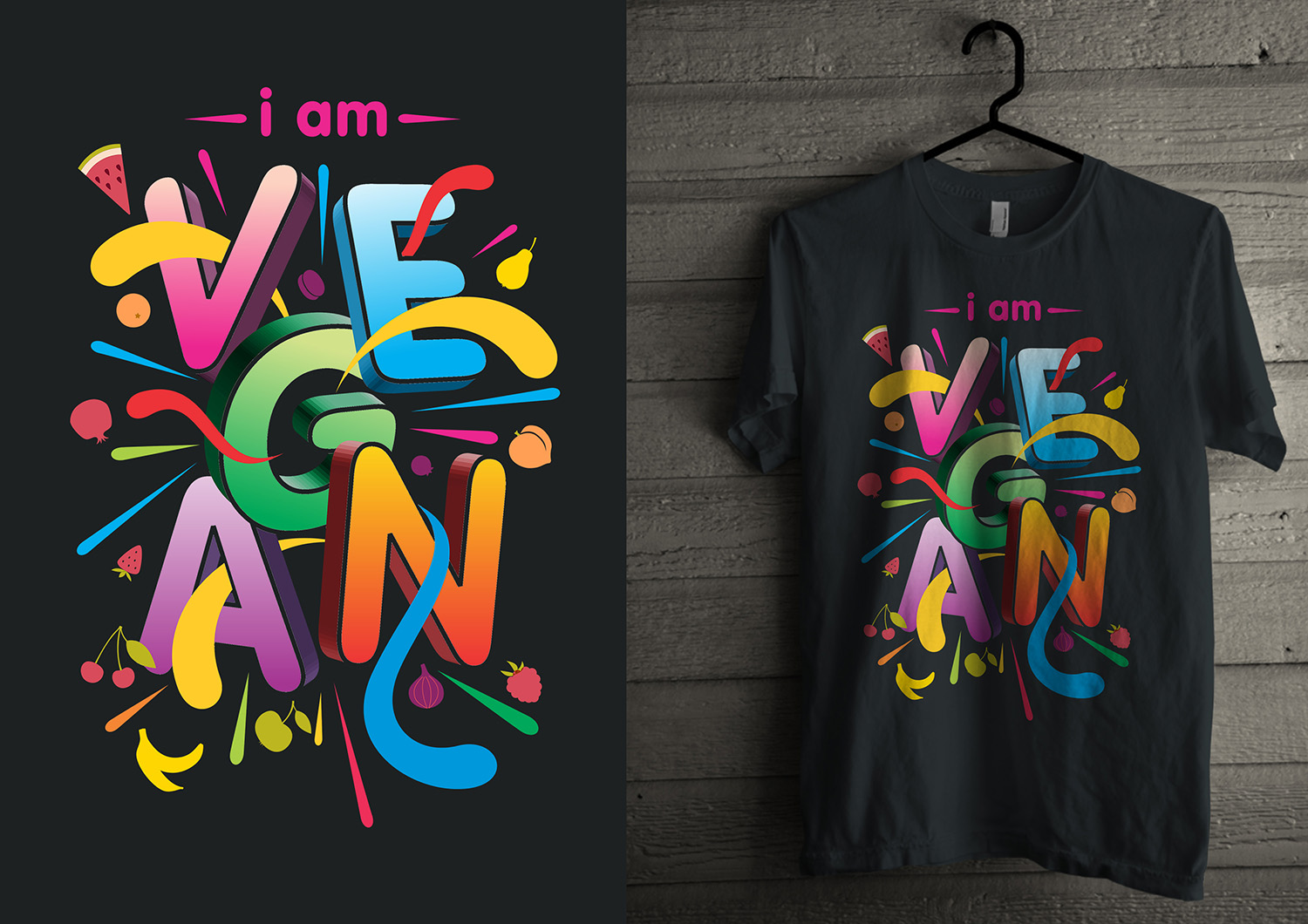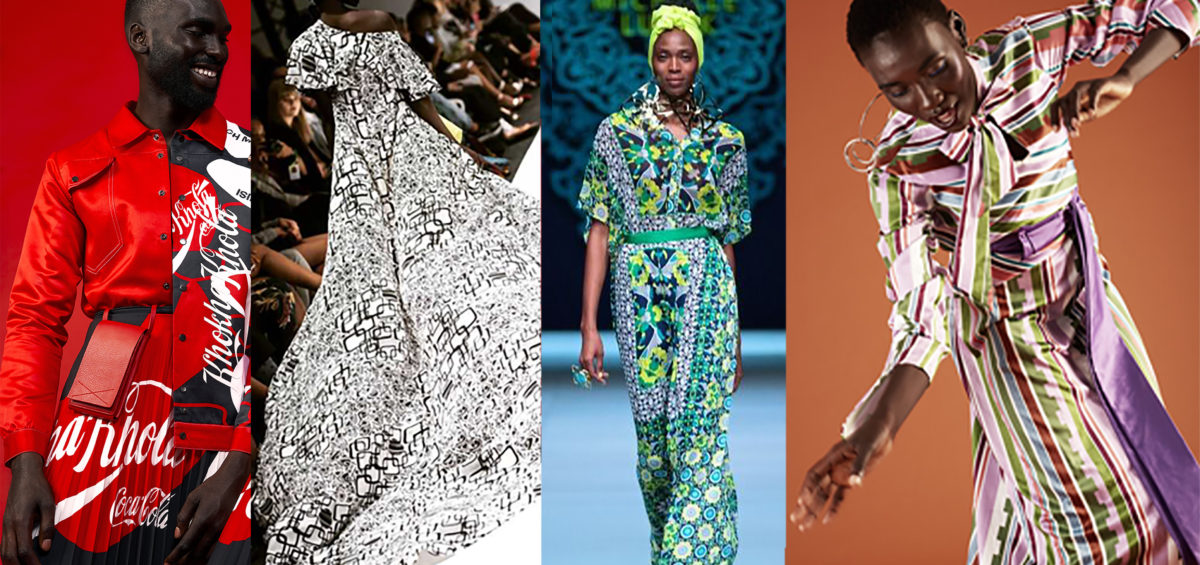Top Print Designers
Print design continues to thrive in a digital world, thanks to the work of talented designers who understand the power of physical media. From eye-catching posters to elegant packaging, the top print designers combine strategic thinking with bold creativity. Their work influences everything from branding to editorial layouts, pushing boundaries in texture, typography, and tactile experience. Here are some of the top print designers to know and watch.
Jessica Walsh – Bold and Expressive
Known for her vibrant use of color and experimental typography, Jessica Walsh brings a bold, artistic flair to every project. Her work often blends emotion with strategy, making her print designs stand out in campaigns and editorial spreads.
Signature style:
- Playful, expressive typography
- Strong use of color and contrast
- Editorial layouts that break conventional grids
Her innovative approach keeps pushing the limits of what print design can be.
Stefan Sagmeister – Conceptual Storytelling
Stefan Sagmeister is a legendary figure in the design world, celebrated for his thought-provoking and unconventional print work. He often transforms printed materials into experiences that provoke reflection and emotion.
Known for:
- Deep conceptual themes
- Unusual material choices and formats
- Print as an art form, not just communication
His work turns brochures, posters, and books into objects of meaning.

Paula Scher – Iconic Typography
A pioneer in modern graphic design, Paula Scher’s print work is instantly recognizable. She’s especially known for using typography as both image and message, making every word part of the design itself.
Print strengths:
- Large-scale type compositions
- Urban, energetic layouts
- Posters and branding that feel timeless and fresh
Her influence on visual communication in print spans decades.
Lotta Nieminen – Elegant and Functional
Lotta Nieminen is a designer and illustrator whose print designs are clean, modern, and refined. Her studio’s work spans branding, editorial design, and packaging with a Scandinavian sensibility.
Style highlights:
- Minimalist layouts with thoughtful details
- Warm, soft color palettes
- Elegant typography and spacing
Her work proves that simplicity can be powerfully effective.
David Carson – Rule-Breaking Layouts
David Carson brought grunge and rebellion into mainstream design. His chaotic, layered compositions have redefined what a layout can look like, especially in editorial and music-related print work.
Known for:
- Disruptive, experimental typography
- Textured, layered visuals
- Anti-grid, expressive compositions
Carson’s work remains influential for designers who embrace creative freedom.
Veronica Fuerte – Colorful Branding
Founder of Hey Studio, Veronica Fuerte is known for creating bold and geometric print designs. Her work stands out in packaging, posters, and brand identities with its playful, colorful energy.
Design traits:
- Bright, clean color schemes
- Strong geometric shapes
- Clear visual hierarchy with a modern twist
She brings a fresh, upbeat tone to every print project.
Morag Myerscough – Loud and Lively
Morag Myerscough is a designer and artist known for her large-scale installations, but her print work carries the same high energy. She uses color and type to create impactful, joyful experiences.
Unique elements:
- Neon color palettes
- Typographic experimentation
- Cultural and community-driven design
Her bold aesthetic makes her print work instantly recognizable.
Peter Saville – Timeless Music Design
Peter Saville gained fame designing iconic album covers for bands like Joy Division and New Order. His minimalist, often mysterious layouts helped define the look of 1980s print design.
Design features:
- Restrained typography
- Clean, abstract compositions
- Emotionally charged visual storytelling
His legacy continues to inspire music and fashion designers worldwide.
Final Thoughts
These top print designers each bring something unique to the table — whether it’s conceptual depth, typographic mastery, or vibrant energy. From posters and books to packaging and branding, their work proves that print is far from obsolete. Instead, it’s a canvas for some of the most creative and impactful design happening today. Studying their approaches can inspire your own print projects and elevate your visual communication.



